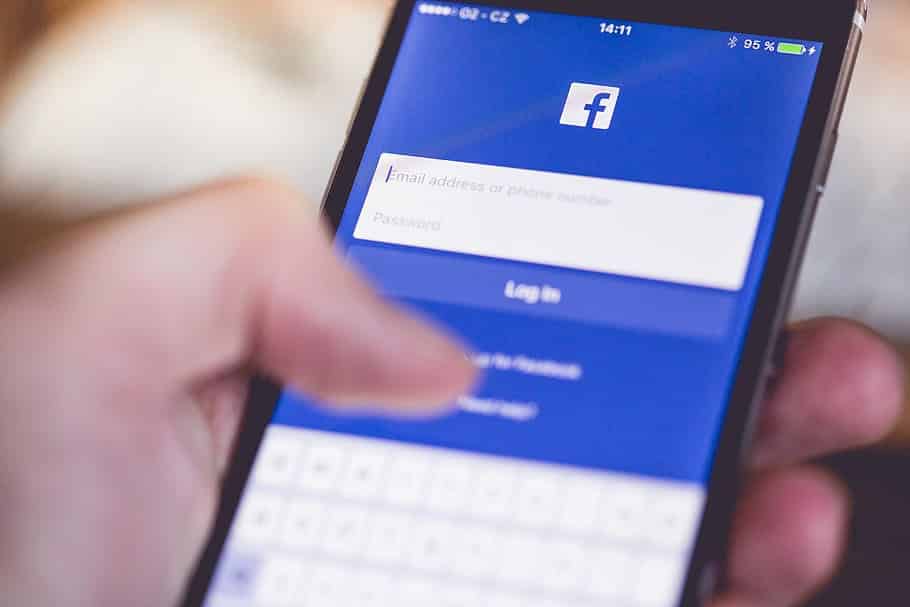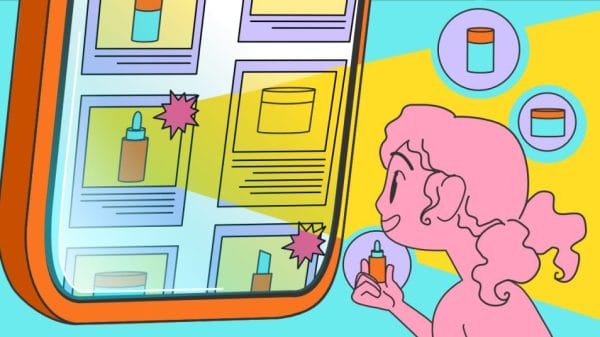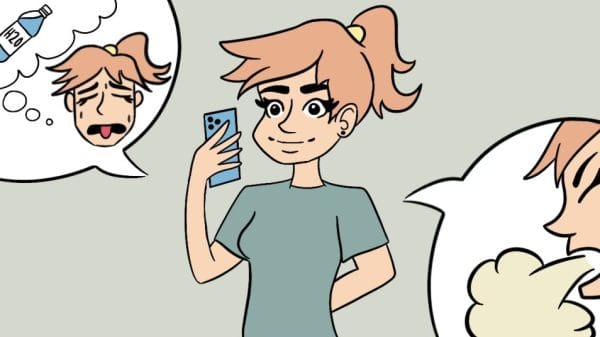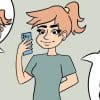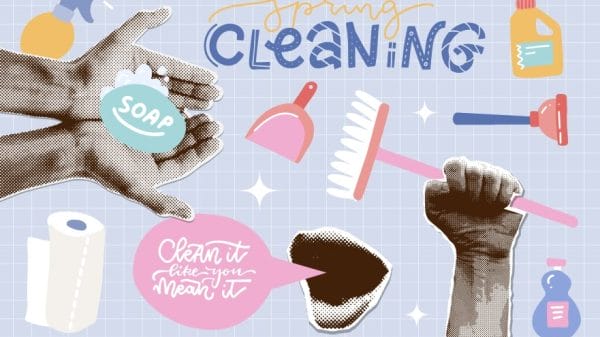On Monday 4 October Facebook and the apps it owns including Instagram and WhatsApp went offline around 4.30 pm (BST). Wondering what caused this? So were we but luckily a group of Internet experts has weighed in on the situation to provide their take on what may have happened.
The problem wasn’t contained and impacted users worldwide, with many taking to Twitter the only platform left available to reveal their thoughts. Users were left unable to access the respective sites for over six hours with little explanation from Facebook as to what was going on.
If you were waiting for a grand explanation to appear, sadly you would be mistaken. Although several speculations and conspiracy theories have circulated on the internet, a group of experts has offered a fairly simple explanation.
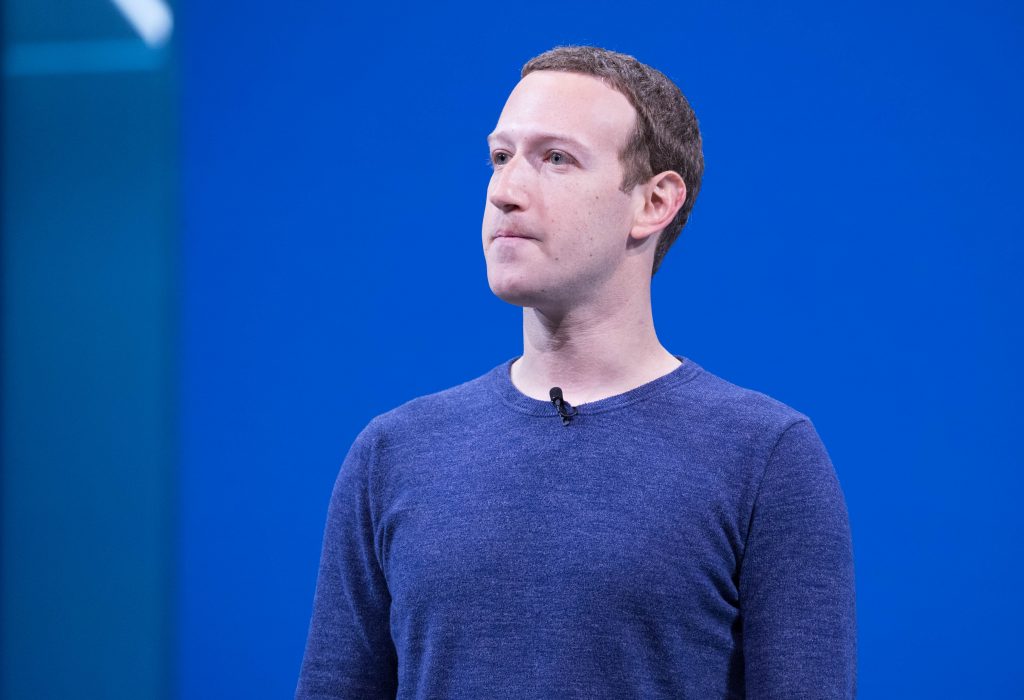
In response to the outage, Facebook released the following statement: ‘We’re aware that some people are having trouble accessing our apps and products. We’re working to get things back to normal as quickly as possible, and we apologize for any inconvenience.’
‘To the huge community of people and businesses around the world who depend on us: we’re sorry. We’ve been working hard to restore access to our apps and services and are happy to report they are coming back online now. Thank you for bearing with us.’
One Twitter user shared a post that suggested a large section of the routing had been deleted and that ‘means Facebook is GONE.’ Some even speculated that the notorious hacker group Anonymous was behind the apps crashing. As Facebook is now back up and running this is clearly false and experts are searching for the real reason.
Troy Mursch who is chief research officer at cyberthreat intelligence research company Bad Packets, gave his view on the situation to Wired. He explained: ‘ Facebook’s outage seems to be caused by DNS; however that’s just a symptom of the problem.’
DNS is what allows people to find websites on the internet and stands for Domain Name System. Facebook’s DNS was said to be unreachable during the outage.
Angelique Medina from Cisco ThousandEyes spoke to Wired as well. She said we should think of the concept ‘ like a game of telephone.’ Instead of using people, the game is played by networks talking to each other and providing ways to be discoverable. ‘They announce this route to their neighbor and their neighbor will propagate it out to their peers,’ she finished by saying.
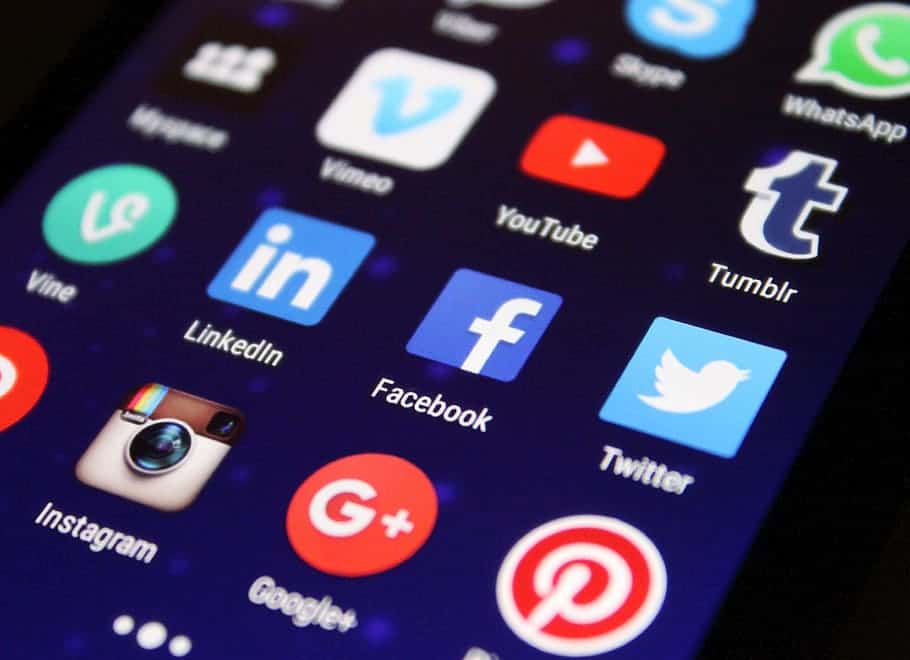
John Graham-Cumming of Cloudfare explained: ‘ It appears that Facebook has done something to their routers, the ones that connect the Facebook network to the rest of the internet.’
Once the apps were back running Facebook released another statement saying: ‘ Our engineering teams have learned that configuration changes on the backbone routers that coordinate network traffic between our data centers caused issues that interrupted this communication. This disruption to network traffic had a cascading effect on the way our data centers communicate, bringing our services to a halt.’
Who knew how strongly we relied on social media? Sometimes it takes something like a global outage to make us stop and think but hopefully, a disruption like this won’t happen again anytime soon.


